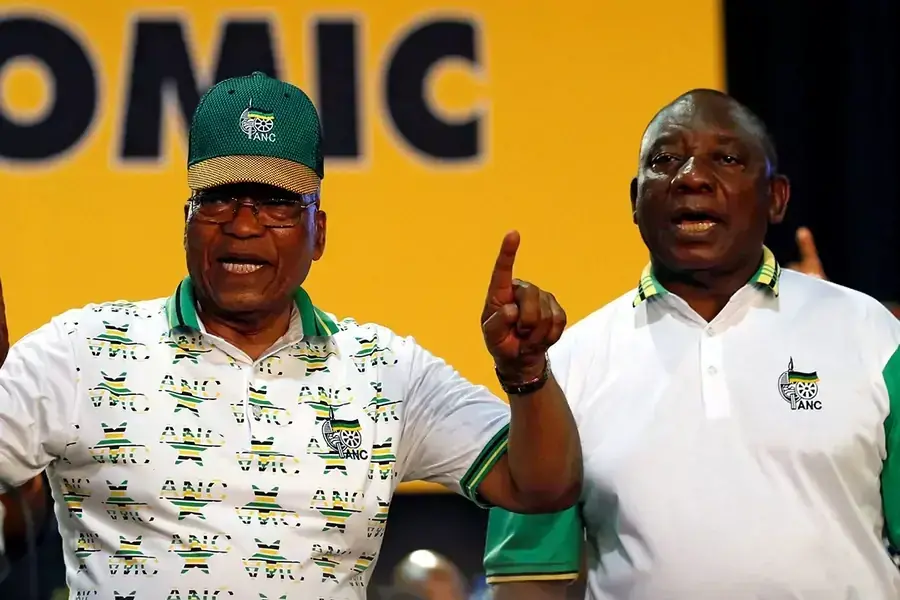Easing Zuma Out of the South African Presidency

According to some South African media outlets, the National Executive Committee (NEC) of the African National Congress (ANC) determined over the weekend that President Zuma must resign the South African presidency before the annual state of the nation address, which is scheduled for February 8. If Zuma leaves the presidency, current deputy president and leader of the ANC Cyril Ramaphosa would become acting president until the 2019 national elections. However, it is unlikely that the NEC has made a definitive decision so soon after the December party convention. Indeed, the party’s secretary general and close ally of Zuma, Ace Magashule, is insisting that the NEC has not yet made a decision on Zuma’s departure.
The NEC is the ANC’s highest decision-making body between party conferences. It numbers more than eighty, and usually reaches a decision through consensus, rather than by voting. South African media has been reporting that Cyril Ramaphosa has consolidated his authority within the NEC in the aftermath of his close victory over Zuma’s favored candidate, Nkosazana Dlamini-Zuma, in the December party leadership race. Media is also reporting that the party’s Top Six, made up of the most senior party officials, has been charged with telling Zuma that he must leave office or that he will be forced out. However, many in the NEC will be reluctant to move quickly against Zuma. They value “party unity,” which implies keeping his supporters under the ANC's big tent. Further, Zuma has made it clear that he will not go quietly. In the past, he has said that he has compromising information on his opponents as well as his friends that he is prepared to use. There will be the temptation to treat him with kid gloves.
More on:
Hence, it is unlikely that the NEC has determined that Zuma must go before February 8, though Ramaphosa will attempt to progressively marginalize him. Ramaphosa is attending the World Economic Forum in Davos, Switzerland, this week, where he is likely to signal that his government is open to increased foreign investment and is serious about tackling corruption. That message becomes more plausible if Zuma, with his reputation for cronyism and corruption, is on his way out as head of state. Zuma’s departure from the presidency is a matter of when, and when the party leadership communicates to him that he must go, he is likely to resign “voluntarily.” That would preserve his various emoluments of office, including his presidential pension.
More on:
 Online Store
Online Store
